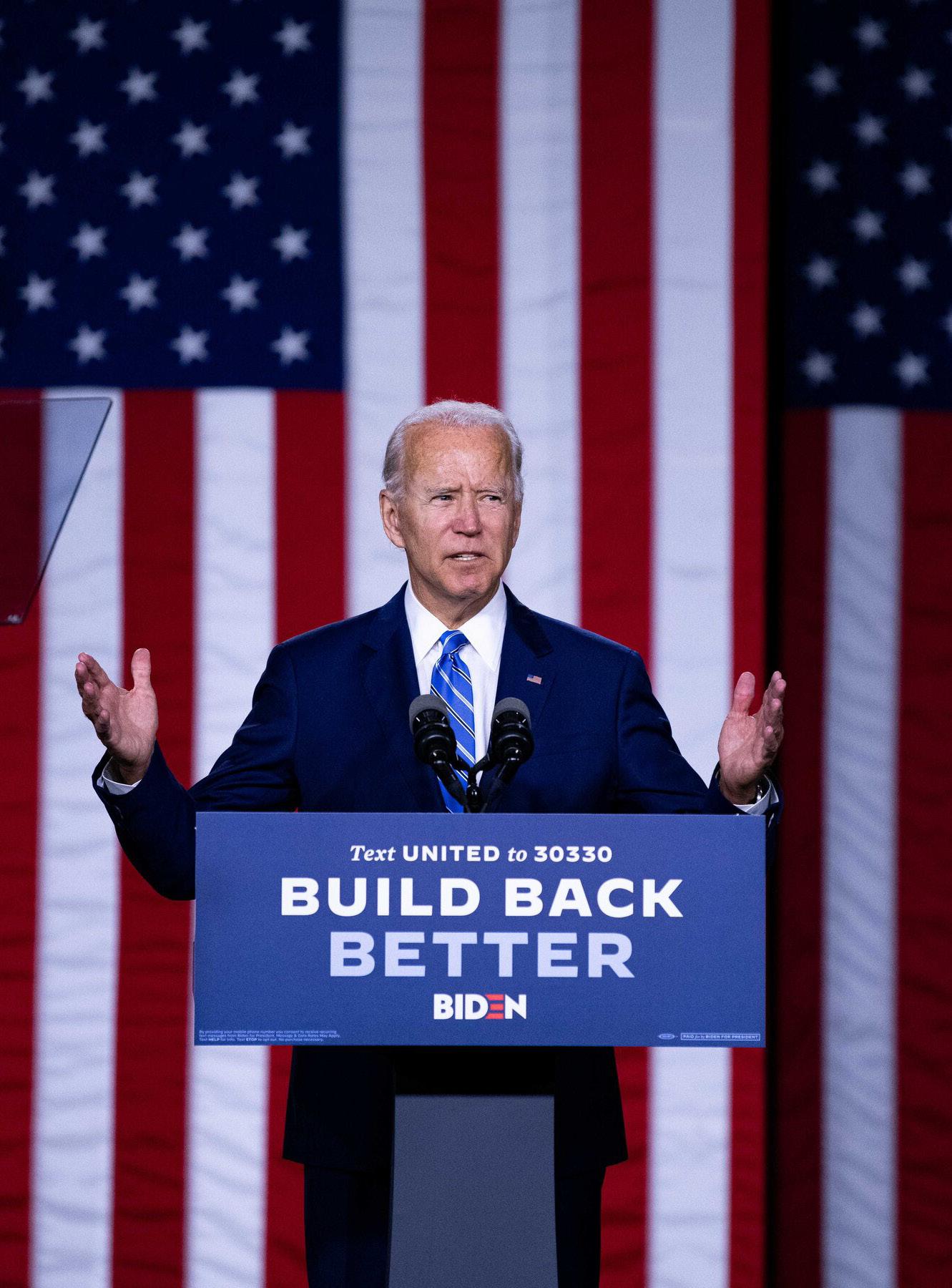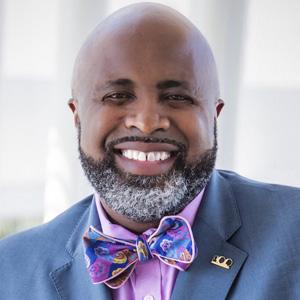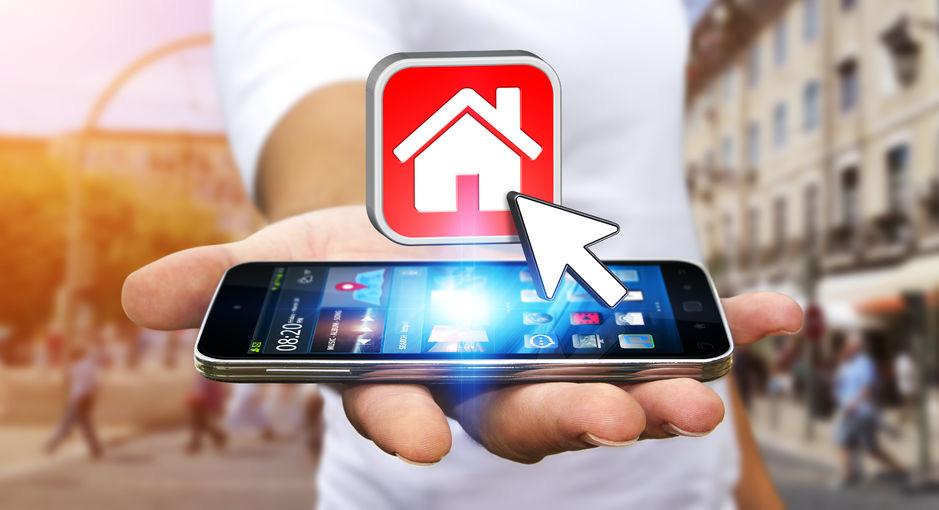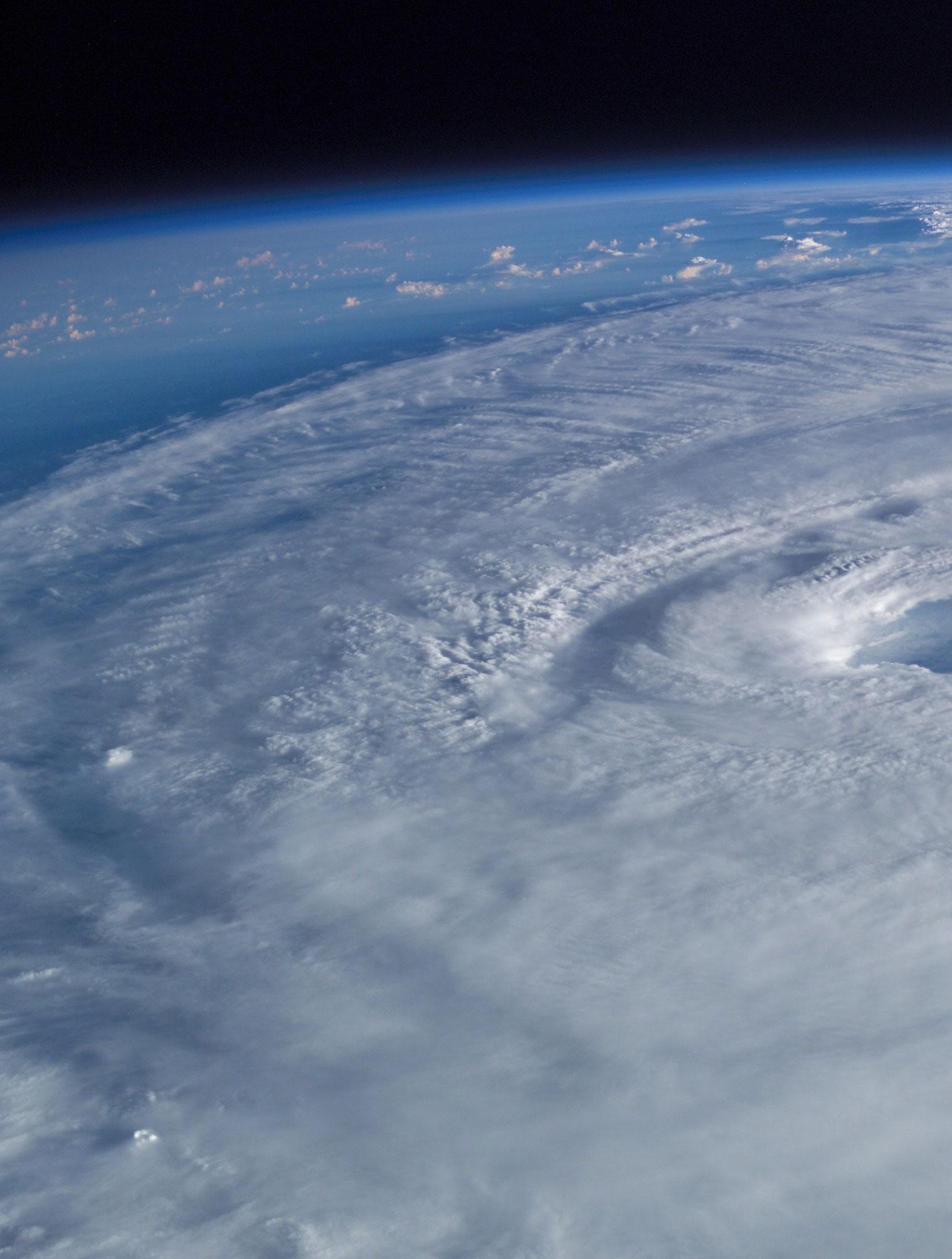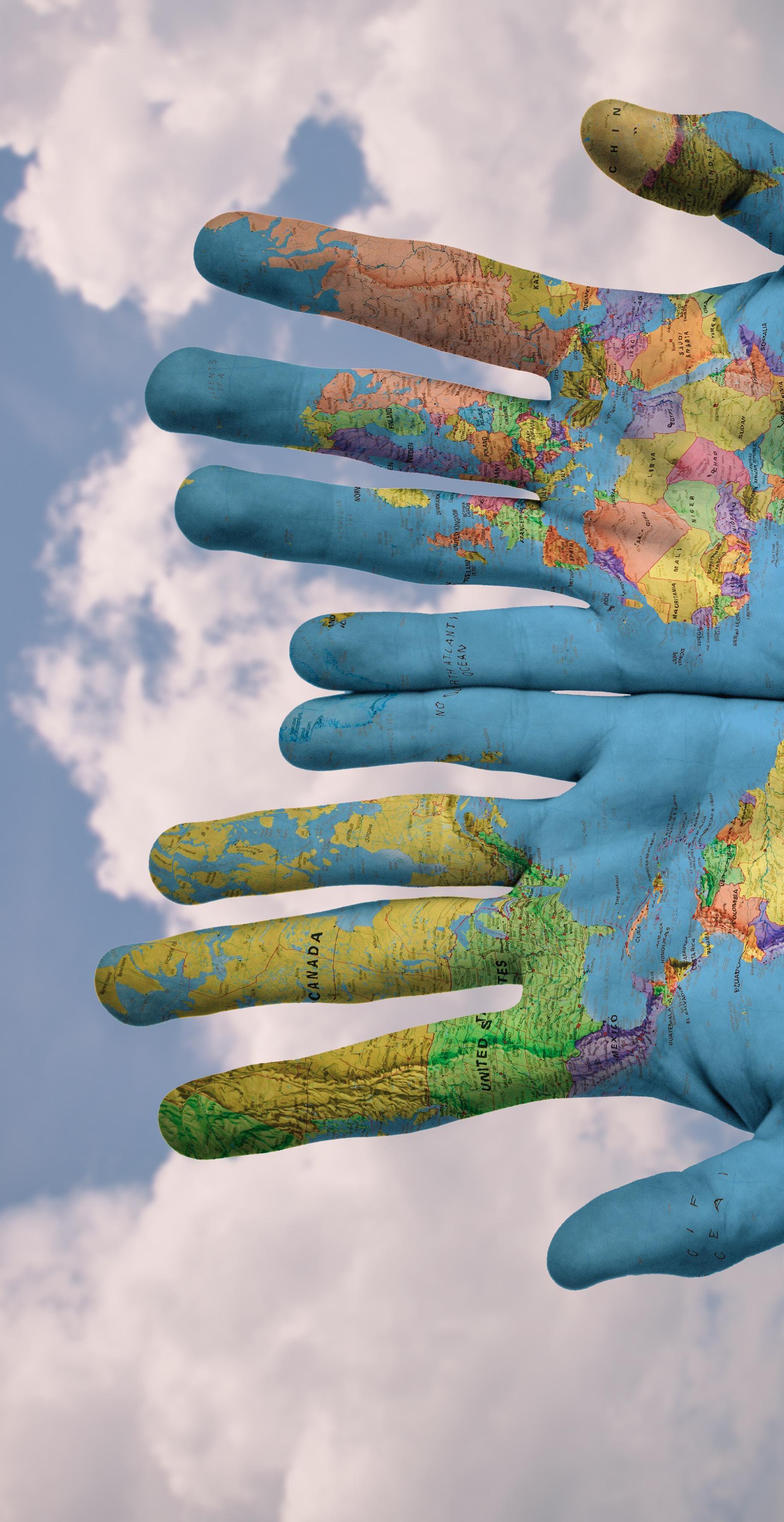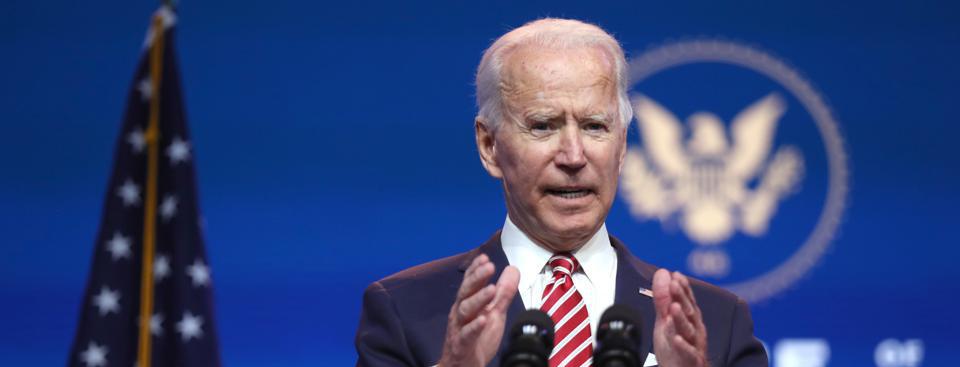
11 minute read
Marijuana decriminalization stalls in
MARIJUANA DECRIMINALIZATION STALLS IN N.J. ASSEMBLY AFTER LAWMAKERS ADD MAGIC MUSHROOMS TO THE BILL. SENATE MOVES FORWARD.
On November 16, 2020, the N.J state Legislature had varied opinions on a bill that would put a stop to the cease of many marijuana-related arrests. The split in the state Legislature saw one chamber move the bill forward while the other one delayed a vote due to a contented provision added late the previous week that would reduce penalties for psychedelic mushrooms. The N.J Assembly called off a vote on the bill after the state Senate included an amendment that would make possession of up to an ounce of “magic” mushroom or psilocybin only a disorderly person’s offense.
“The decriminalization of marijuana debate has always been about the opportunity to address these wrongful policies and begin to reverse the damage done over decades of racial and social justice, not mushrooms,” said Assemblyman Jamel Holley, D-Union. ”It is very irresponsible and poor judgment of the New Jersey Senate to include such an amendment in the last hour. I believe this is a poison pill.” However, the state Senate passed the amendment 29 to four votes after a debate on it.
“How can we decriminalize a psychedelic drug called ‘magic mushrooms,’ when the basis for the decriminalization is the disproportionate impact on Black and brown communities who are arrested for marijuana?” State Sen. Nia Gill, D-Essex, said, citing her concerns with the bill for its inclusion of the magic mushroom.
On the other hand, state Senator Nicholas Scutari, D-Union, stressed that the bill does not decriminalize psilocybin mushrooms but regrades the penalties. The legislation requires a first-time offender to face a six-month jail sentence for possessing an ounce of magic mushrooms. Currently, one could get three to five years in prison.
“I still have to think about the person who is on the street corner who could get detained,” State Sen. Teresa Ruiz, D-Essex, who sponsored the bill, said, noting there have been arguments about how much marijuana
the Legislature should decriminalize. ”And yet, two blocks down, where there will be a legal storefront, that individual could push out pounds of [marijuana] once we determine what the process looks like.”
“We have to be sure that we create concrete pathways that will take someone from the street corner to the storefront,” she added.
However, the bill must be passed by both the Assembly and the Senate before heading to the Governor’s desk.
OTHER SUPPORTING BILLS.
After passing the bill that legalizes marijuana, lawmakers must still pass another bill that will see the launching of the marijuana industry, clearly outlining its rules and regulations on the issuance of its business licenses and products.
Lawmakers must also pass a separate bill to decriminalize the possession of marijuana to stop arrest as it awaits full legalization. This marks a very crucial racial justice advocates in reforming marijuana laws. According to ACLU, police arrest people of color 3.5 times more frequently than Whites for marijuana-related offenses. Additional tax.
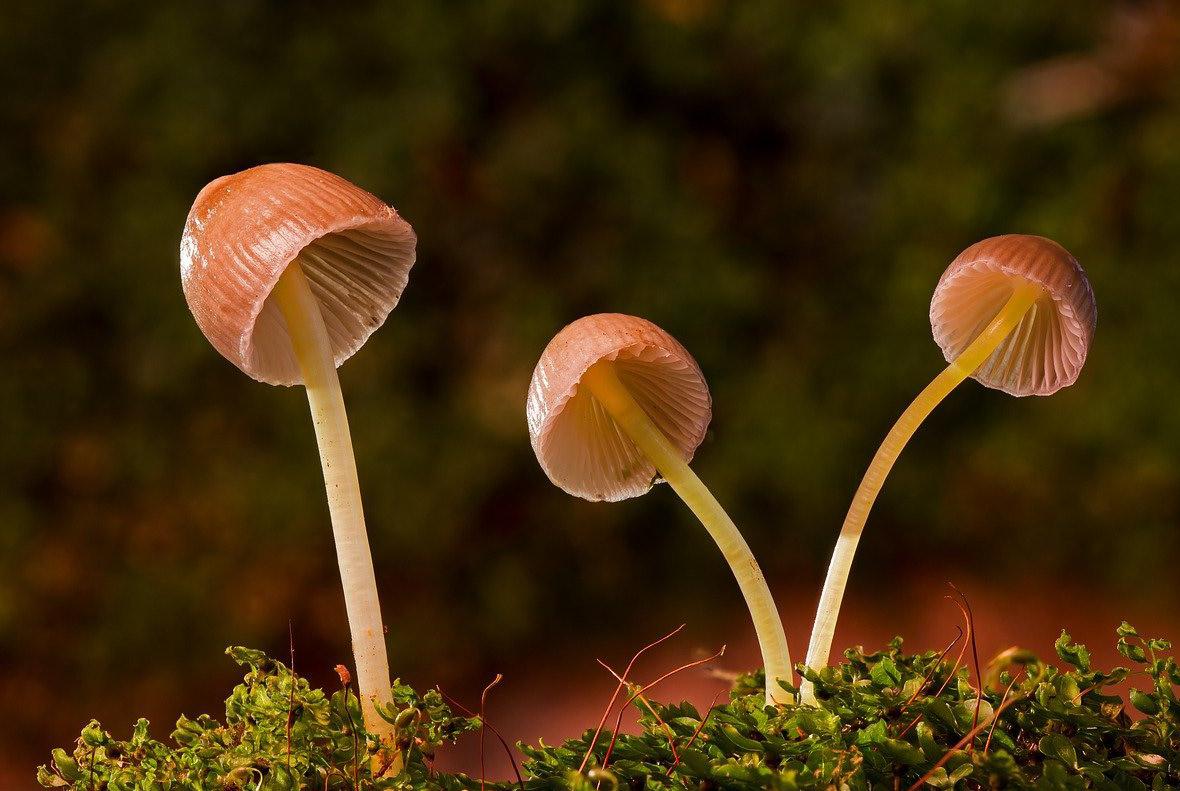
Scutari had said that he would consider an additional tax on marijuana farmers and explicit directing of funds to the cultivating communities. Moreover, a source from Governor Murphy’s administration hinted at an agreement with top legislative leaders and sponsors to add a tax on marijuana farmers. The source further said the tax would be divided into four tiers that would incline with the drop of cannabis price.
The hearing of the bill has been postponed to a later date.
Work cited.
https://www.nj.com/marijuana/2020/11/marijuanadecriminalization-stalls-in-nj-assembly-after-lawmakers-addmagic-mushrooms-to-the-bill.html.
N.J. TO LOWER INDOOR, OUTDOOR GATHERING LIMITS AFTER A RECORD-SETTING WEEKEND OF COVID-19 CASES, MURPHY SAYS.

The fight against COVID-19 pandemic continues, even as efforts to come up with a safe and effective COVID-19 vaccine gets closer to bearing fruits. People across the country have reportedly relaxed and are no longer adhering to the required safety measures such as social distancing. This has led to the return of what experts warned about, the second wave of COVID-19 infections that are spreading in different parts of the country. New Jersey is among the places that have been hit by a strong second wave of coronavirus infections.
On the weekend ending November 15, New Jersey recorded a huge number of coronavirus infections, with 4,395 on Saturday and 4,540 on Sunday, totalling to 8,935 in a single weekend. This is a clear indicator that the second wave of infections is happening in N.J. This occurrence caught the attention of N.J authorities and required them to do something about it. Regarding that, N.J. Governor, Phil Murphy announced on the following day that the state would be lowering the number of people allowed to attend both indoor and outdoor gatherings in its effort to fight the surging second wave of coronavirus.
Gov. Murphy’s announcement, which is also an executive order, limited attendance for indoor gatherings from 25 to 20 individuals, with some exceptional events, while outdoor event attendance dropped from 500 to 150 individuals. The executive order limiting the attendance for indoor activities was set to take effect from 6 a.m. November 17, 2020, while the limit to outdoor activities was effective from November 23, 2020.
The exceptional events included the following; the current 25% capacity limits on indoor dining, legislative and judicial sessions, current indoor limits on weddings, movie theatres, funerals, performances, religious services, and political activities— which previously were required to allow up to 25% of the venue’s capacity.
However, the limits apply to house parties, holiday dinners, indoor events, and other indoor gatherings. The new limits also apply to the number of spectators allowed at both indoor and outdoor youth and high school sporting events and practices. The number of people allowed at indoor college and pro sporting events was limited to 10 and similar outdoor events ar 150. The audiences at outdoor concerts and performances were also limited to 150.
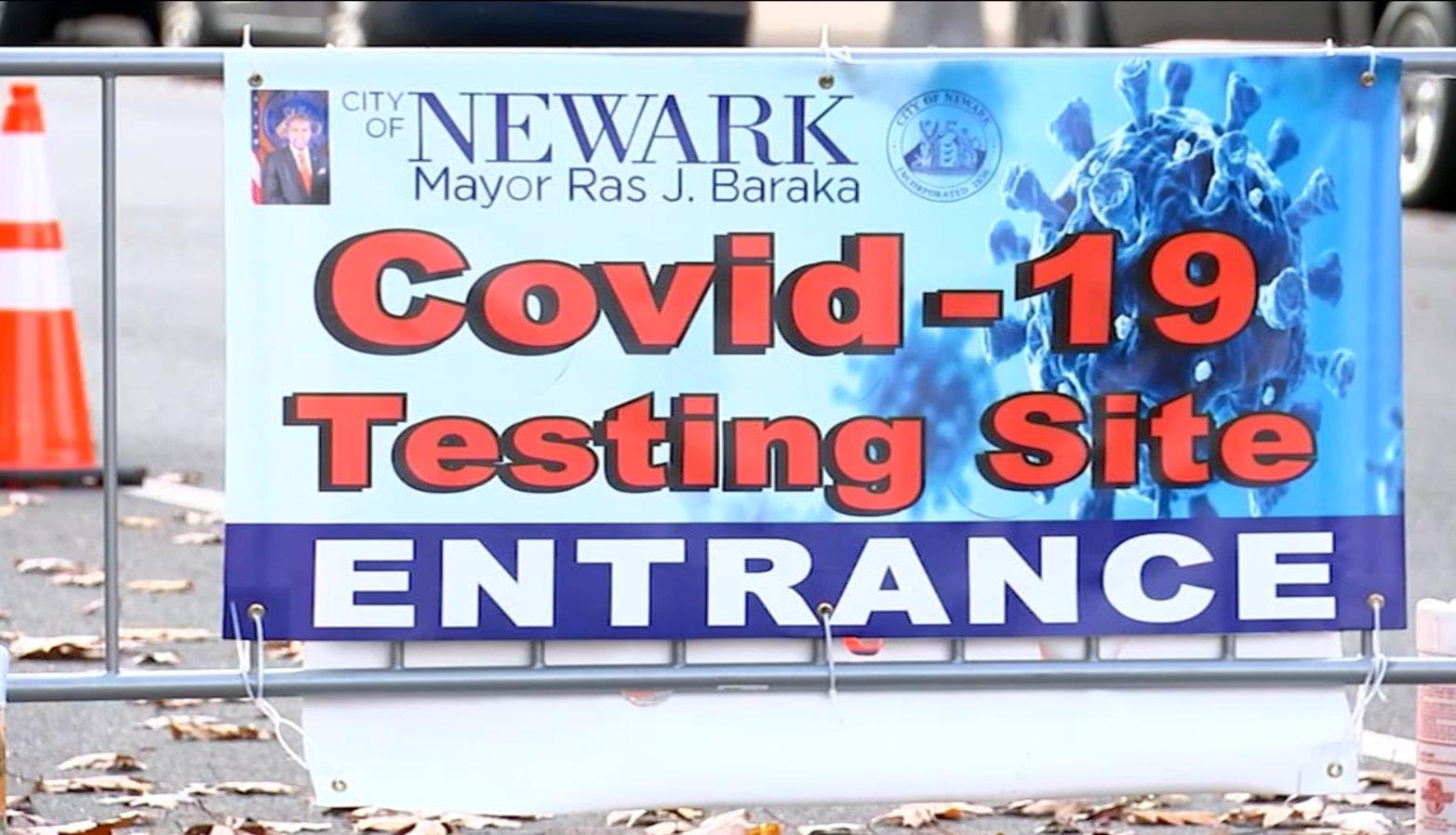
“We think those are steps, coupled with some of the other steps we’ve taken, which will hopefully begin to shave these numbers down,” Murphy said. “This is a lot of fatigue. It’s a lot of private-setting transmissions. Particularly with the holidays coming up, we’ve got to plead with people not to let their hair down, to be vigilant, social distance, face coverings, the basic stuff.”
NON-COMPLIANCE.
Murphy emphasized that he was aware of the difficulty in ensuring adherence to the orders inside a private residence. However, he stated that authorities would do “everything we can to enforce compliance.” The rewards to noncompliance are unclear, but Murphy mentioned that venues that violate the orders could have their liquor licenses taken away or worse face closure.
Conclusively, it’s time we took this deadly disease seriously. It has already shown its true colors, and we don’t need any more proof. Let’s make personal safety our responsibility and adhere to the appropriate measures by the CDC and the authorities. If we don’t take this seriously, nothing could stop the breakout of a third or fourth wave of infections. So, please let’s stay safe for our sake and the sake of our loved ones.
Work cited.
https://www.nj.com/ coronavirus/2020/11/nj-to-lower-indooroutdoor-gathering-limits-after-recordsetting-weekend-of-covid-19-casesmurphy-says.html.
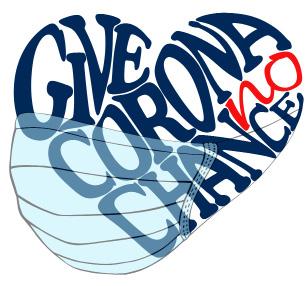

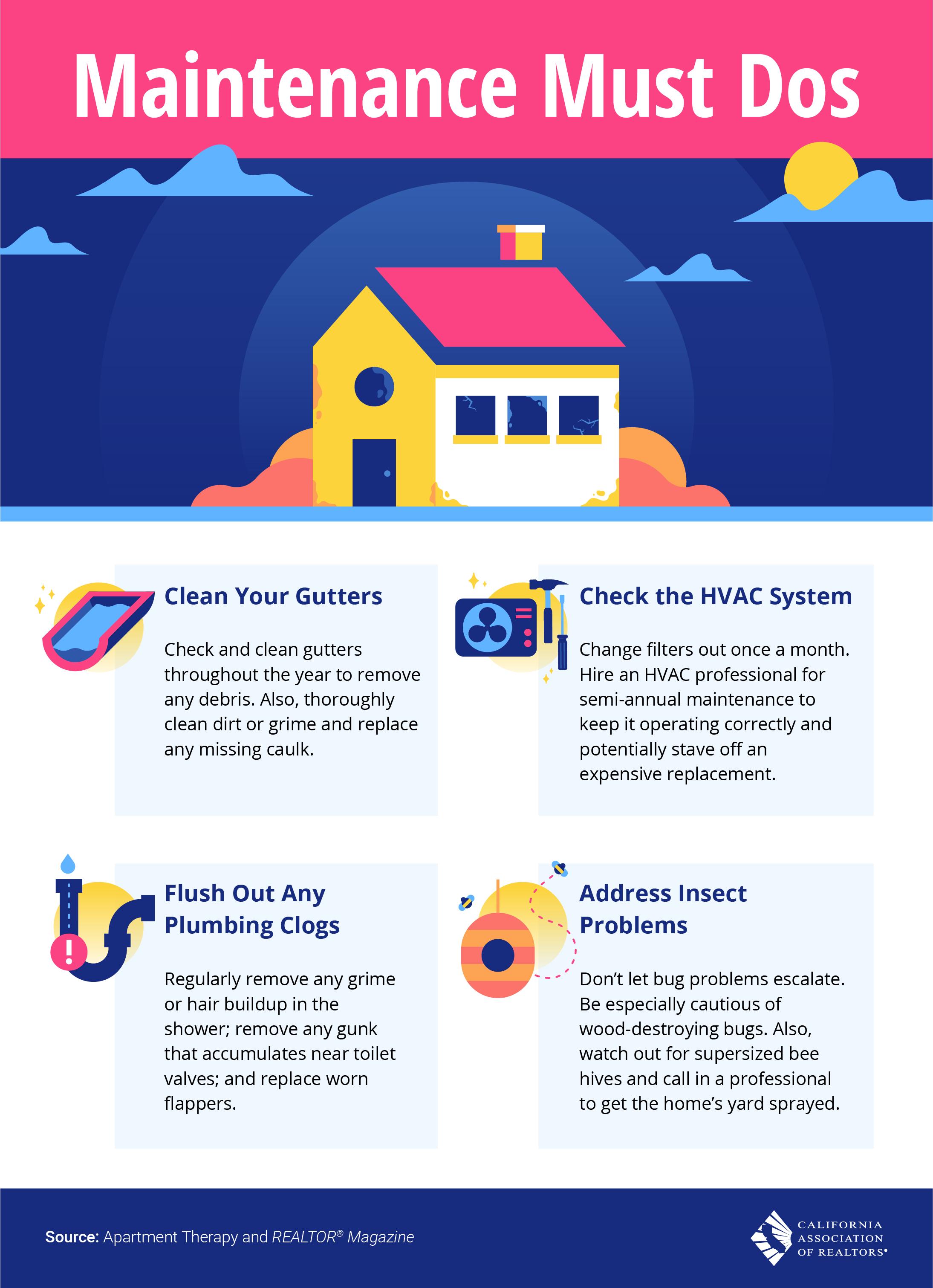
Hello Christmas... But wait “Kwanzaa!”
It’s almost that time of the year again when everywhere will be decorated with lovely lights. December is almost here, the month of celebration. Several enjoyable occasions come in December, including the Christmas party and Kwanzaa.
In most countries worldwide, they will only be looking forward to December 25 — Christmas day to have fun. Once the Christmas celebration is over, then, they return to their daily activities and begin to look forward to the January 1st new year celebration. This is the same in the United States, but for some minor African-American communities, there’s more to that. Besides the Christmas celebration on 25th, there’s another celebration that commences from December 26th to January 1st — Kwanzaa. Kwanzaa is celebrated by sharing gifts to loved ones and neighbors coupled with a fist of faith, called Karamu Ya Imani. It was first celebrated in 1966 following its creation by Maulana Karen ga. Therefore, in many African-American communities, they make special preparation for Kwanzaa as they also prepare for Christmas. The significance of this celebration is to promote African heritage and to embrace unity and culture.
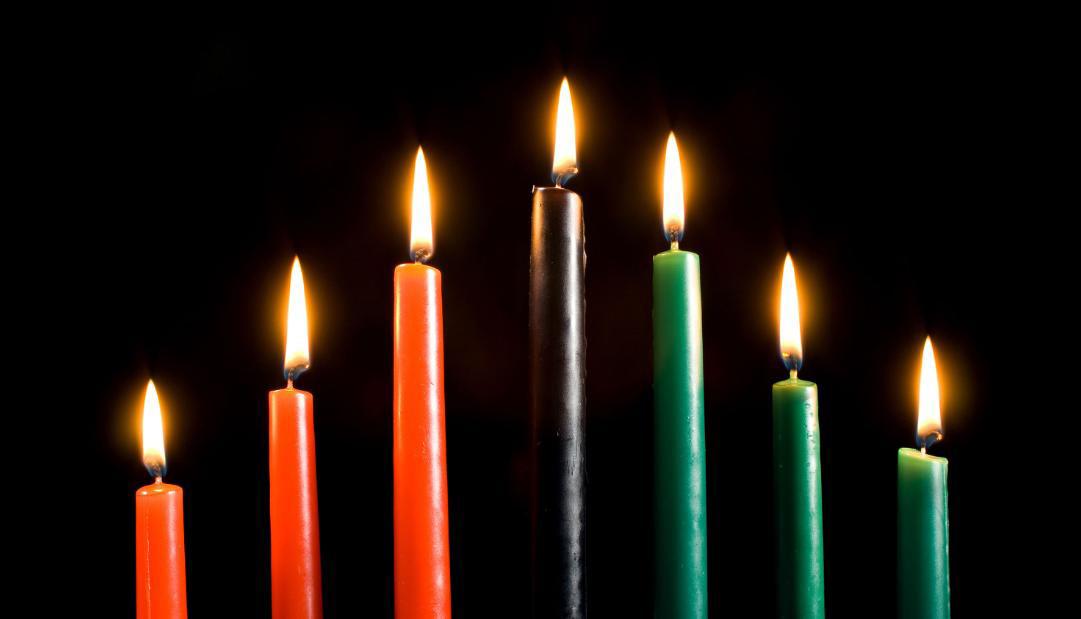
Considering the spirituality attached to the Kwanzaa celebration, many Christians often distance themselves away from the celebration even in the black community where it is meant to be celebrated. It is a common practice that those who celebrate Kwanzaa don’t celebrate Christmas, and those who celebrate Christmas don’t celebrate Kwanzaa. However, some people celebrate the two. It is seen as an alternative to Christmas, but for those who celebrate both they believe that the two are just ordinary celebrations of love and none should be discriminated against.
Those who celebrate Christmas and Kwanzaa believe that Kwanzaa is a cultural holiday and not religious. Therefore, they believe that it doesn’t snatch away your faith regardless of religion. Besides the black American communities, some other minor communities also adopt the celebration of Kwanzaa.
The Kwanzaa celebration is centered around seven essential principles. These principles include unity (Umoja), collective work and responsibility (ujima), self-determination (kujichagulia), cooperative economics (ujamaa), creativity (kuumba), purpose (nia), and faith (Imani).
The celebratory symbol of Kwanzaa is a mat (Mkeka). On this mat are placed other symbols, including mazao (crops), kinara (candleholder), kizomba cha Umoja (unity cup), Zawadi (gifts), muhindi (corn), and mishumaa saba (seven candles).
Over the years, there has been a decline in the celebration of Kwanzaa, and this can be traced back to the role of the black separatist movement. Today, only a few people celebrate Kwanzaa in the United States. Many young black Americans today have never heard of it. A sponsored survey by the National Retail Federation revealed that in 2015, only 1.9% of those engaged in the pole celebrated Kwanzaa. This is approximately six million people in the USA.
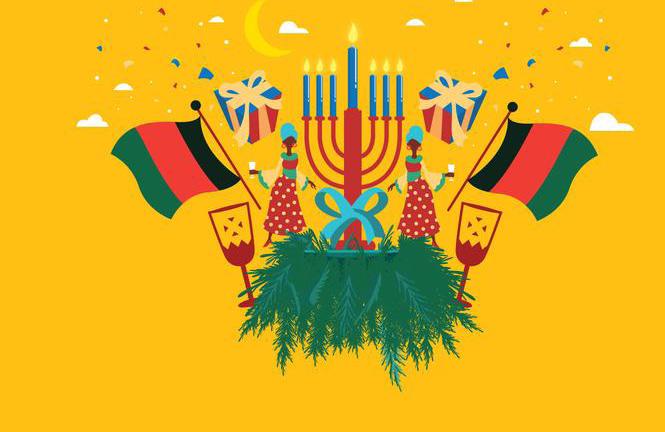
Whether you will celebrate Kwanzaa or not, you should decide now and begin to prepare because December is almost here.
However, if you only want to stick to the Christmas celebration, as usual, you should endeavor to make the best of it. One way to have a memorable Christmas celebration is to hang out with your friends and loved ones. You can also stay at home and have some great moments with your family. You can start decorating your home now in preparation for the once in a year celebration. Get gifts for your loved ones, and have a lovely celebration. Most importantly, free your mind on Christmas day, don’t let your challenges weigh you down, eat as much as you like but in a reasonable quantity.
Whether you’ll be celebrating Christmas or Kwanzaa, or you’ll be celebrating both, what is most important is that you have a blissful holiday.
References
https://www.history.com/.amp/news/5-things-you-may-notknow-about-kwanzaa https://en.m.wikipedia.org/wiki/Kwanzaa
HOME OWNERSHIP by Eric Lawrence Frazier MBA
Home ownership brings stability to individuals and families who have never had a dwelling place that they could call their own. There is something special about owning real estate that is unlike anything else on earth you can own.
Real Estate you own is not like cars that decay over time and you have to replace them. Real Estate you own is not like clothes that go out of style and you have to buy new ones. Real Estate you own is not like expensive vacations or experiences that only last a moment in time. Real Estate you own is not like an apartment where the landlord may increase the rent until it’s no longer affordable. Real Estate you own is not like staying at your parents house where you know can’t stay forever.
Home ownership is the beginning of wealth that increases over time and becomes your estate & legacy Home ownership is the pride of a mother nurturer and the kitchen her domain Home ownership is the pride of a father provider and protector of his territory and family. Home ownership is the foundation of permanence and the place where life happens, birthdays celebrated, deaths mourned.
Home ownership is the place you build memories that can never be taken from you. Memories etched in walls and concrete, experienced in rooms and floors, Memories living in trees and shrubs planted by your hand. Howe ownership is the manifestation of you - your style, your colors, your smell, your stuff, your junk, your memories, your yard and your spaces, your life.
It’s the height markers on your first child’s bedroom wall. It’s the hearts drawn in the concrete slabs when you pour your patio floor It’s the birthday parties, and anniversaries in the living room and kitchen. It’s the back yard barbecue with friends, neighbors and family contentions it’s the high school and college graduation, and wedding receptions Its’ the family nights and block parties and the fellowship of family connections
Home ownership
It’s more than real estate. Land, brick and mortar, wood frame construction and chicken wire. It’s more than money saved, gifts recieved and grants obtained It’s more than the debt you incur to buy it. It’s more than the payments you make to own it. It’s more than the appreciation that comes with keeping it over time. It’s memories, it’s family, and it’s life that can happen in one place
Until you say it’s time to move.



